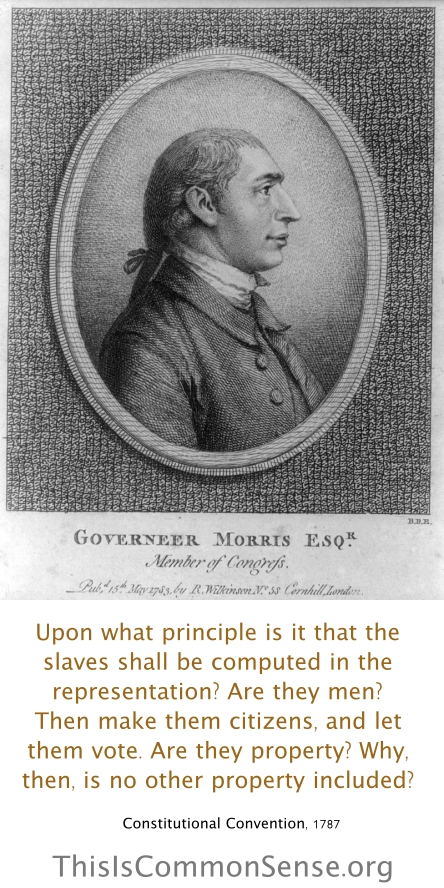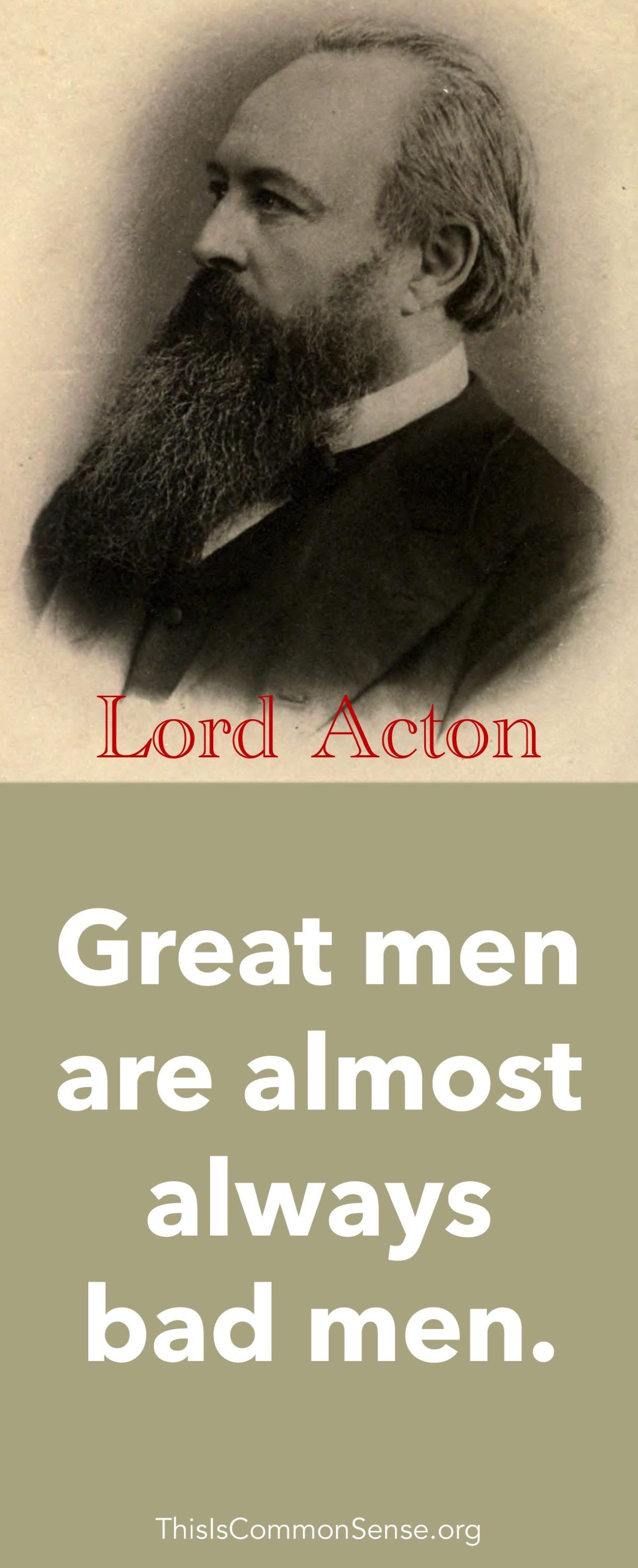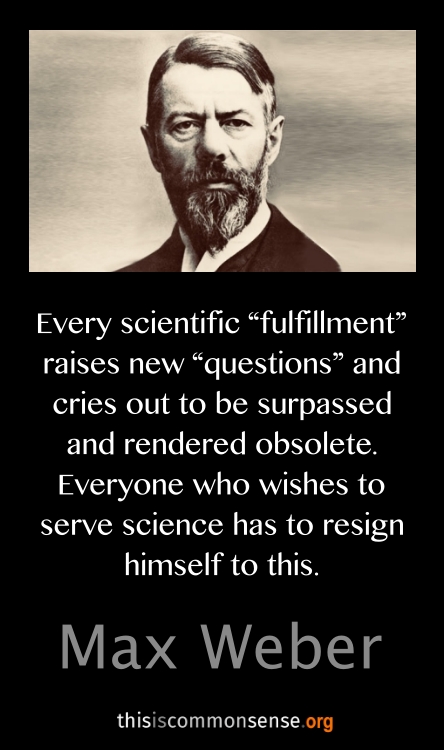We had no such thing as printed newspapers in those days to spread rumours and reports of things, and to improve them by the invention of men, as I have lived to see practised since. But such things as these were gathered from the letters of merchants and others who corresponded abroad, and from them was handed about by word of mouth only; so that things did not spread instantly over the whole nation, as they do now. But it seems that the Government had a true account of it, and several councils were held about ways to prevent its coming over; but all was kept very private.
Daniel Defoe, of the London pandemic of 1665, A Journal of the Plague Year / Written by a Citizen Who Continued All the While in London (1722).
Daniel Defoe





